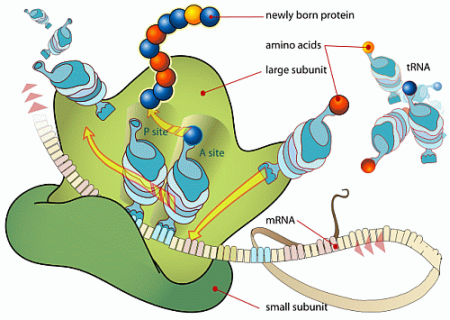Commentator David Klinghoffer notices a trend
He notes, regarding scientists who mysteriously disappear after they start muttering that Darwinism is bullshot or something similar,
The University of Kentucky chose to pay a $125,000 settlement to Gaskell, now at the University of Texas, after Gaskell’s attorneys released records of e-mail traffic among the faculty hiring committee. Seeking a scientist to head UK’s observatory, professors complained that Gaskell was “potentially Evangelical,” while a lone astrophysicist on the committee protested that Gaskell stood to be rejected “despite his qualifications that stand far above those of any other applicant.”This is no isolated incident. An enormous, largely hidden transformation has taken place in what we mean when we speak of “science.” For centuries, the free and unfettered scientific enterprise was fueled by a desire to know the mind of God. “The success of the West,” writes historian Rodney Stark in his important book The Victory of Reason, “including the rise of science, rested entirely on religious foundations, and the people who brought it about were devout Christians.” Now, increasingly, voicing such a desire is likely to get you excluded from the guild of professional scientists.
For years, I’ve tracked the stories that come out regularly about scientists of impeccable credentials whose religion-friendly beliefs proved injurious to their career. In some fields, notably biology and cosmology, Christians who voice doubts about Darwinian theory pay a particularly high price.
That’s because other Christians have bought into big ticket irrelevance and don’t care.
If that ever changes, here’s how you will know: Read More ›

